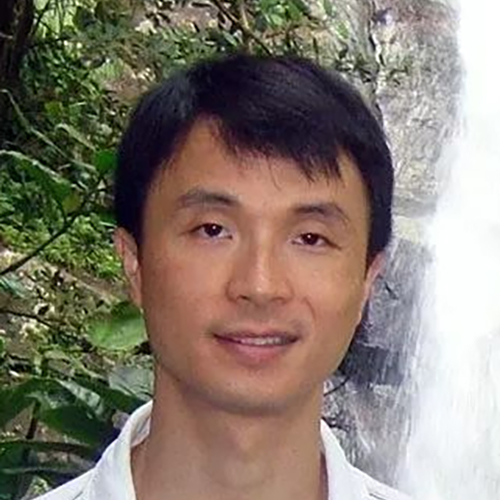




Dr Han received her Ph.D. in Applied Linguistics from Birkbeck College, University of London. She is the recipient of the 2003 International TESOL Heinle and Heinle Distinguished Research Award as well as a repeated recipient of the Teachers College, Columbia University Outstanding Teacher Award.
Presentation Title:Common Pitfalls in Designing Task-Based Language Teaching: A.I. Connecting the Dots that Human Instructors Cannot
Summary:
Task-based language teaching, a modern framework for foreign language instruction, prides itself over its potential psycholinguistic validity and ecological validity. It's putatively at once a functional and a psycholinguistic approach to foreign language instruction. As a functional approach, it shares core principles with communicative language teaching such as meaning orientation and integration of skills.
However, as a psycholinguistic approach it differs from communicative language teaching including its weak version, task-supported teaching, in prioritizing a functional syllabus over a linguistic syllabus. As such, TBLT is first and foremost learner-centered, respecting learners' communicative and psycholinguistic needs; it is holistic, analytic, heuristic, and scalable; and it promotes incidental learning while leveraging task complexity and reactive focus on form to facilitate language use and acquisition.
In this presentation, I highlight a number of common pitfalls in designing TBLT, including lack of scaffolding tasks, incoherent communicative and linguistic goals, and lack of input-based tasks. I then explore ChatGPT’s capacity to help plug these gaps. I conclude with insights for future research, including the development of AI literacy as an emergent set of skills.

His research interests include corpus linguistics, English for Academic Purposes, second language writing, second language acquisition, and computer-assisted language learning. He is currently an Associate Editor for Ampersand and the Journal of Second Language Writing. He has published over 100 peer-reviewed articles in leading journals, including Applied Linguistics, Behavior Research Methods, Computer Assisted Language Learning, Journal of Second Language Writing, Language Learning, Studies in Second Language Acquisition, TESOL Quarterly, and The Modern Language Journal, among others. His recent book, Corpus Linguistics and Second Language Acquisition: Perspective, Issues, and Findings, was published by Routledge in 2023. Since 2022, his name has consistently appeared on Stanford University’s annual list of the Top 2% Most-Cited Scientists Worldwide in the subfield of Languages & Linguistics for both single-year and career-long impact. The L2 Syntactic Complexity Analyzer and Lexical Complexity Analyzer he developed have been widely used in second language writing and acquisition research.
Presentation Title:Controllable GenAI-Assisted Text Simplification of Chinese Reading Materials
Summary:
Generative artificial intelligence (GenAI) offers a variety of convenient tools for simplifying Chinese reading materials. However, its outputs often suffer from issues such as uncontrollable simplification levels and semantic deviations from the original content. This talk introduces a Controllable GenAI-Assisted Text Simplification (C-GTS) approach, which leverages the synergy between two modules, discourse reconstruction and language adaptation, to dynamically balance efficiency and quality in material simplification. The discourse reconstruction module consists of three components: structural feature extraction, text length reduction, and discourse content evaluation. The language adaptation module also consists of three components: linguistic adaptation of the text, quantitative evaluation of effectiveness, and qualitative analysis of effectiveness. The talk concludes by discussing the potential and limitations of the C-GTS approach, along with directions for future research and practice.

Founder of the Cultural Literacy Education Fund under the Tao Xingzhi Education Foundation and Chief Editor of the major book series "The Young China Dream". Her work focuses on integrating traditional Chinese culture with modern educational concepts, fostering cultural exchange and enhancing literacy among youth in China and beyond.
Presentation Title:Unlocking Expression - Reimagining Chinese Literacy with AI
